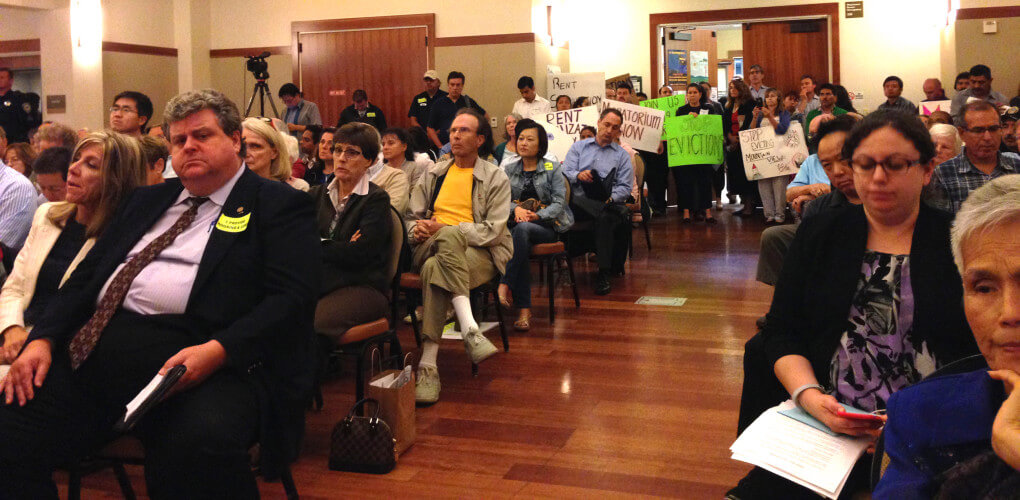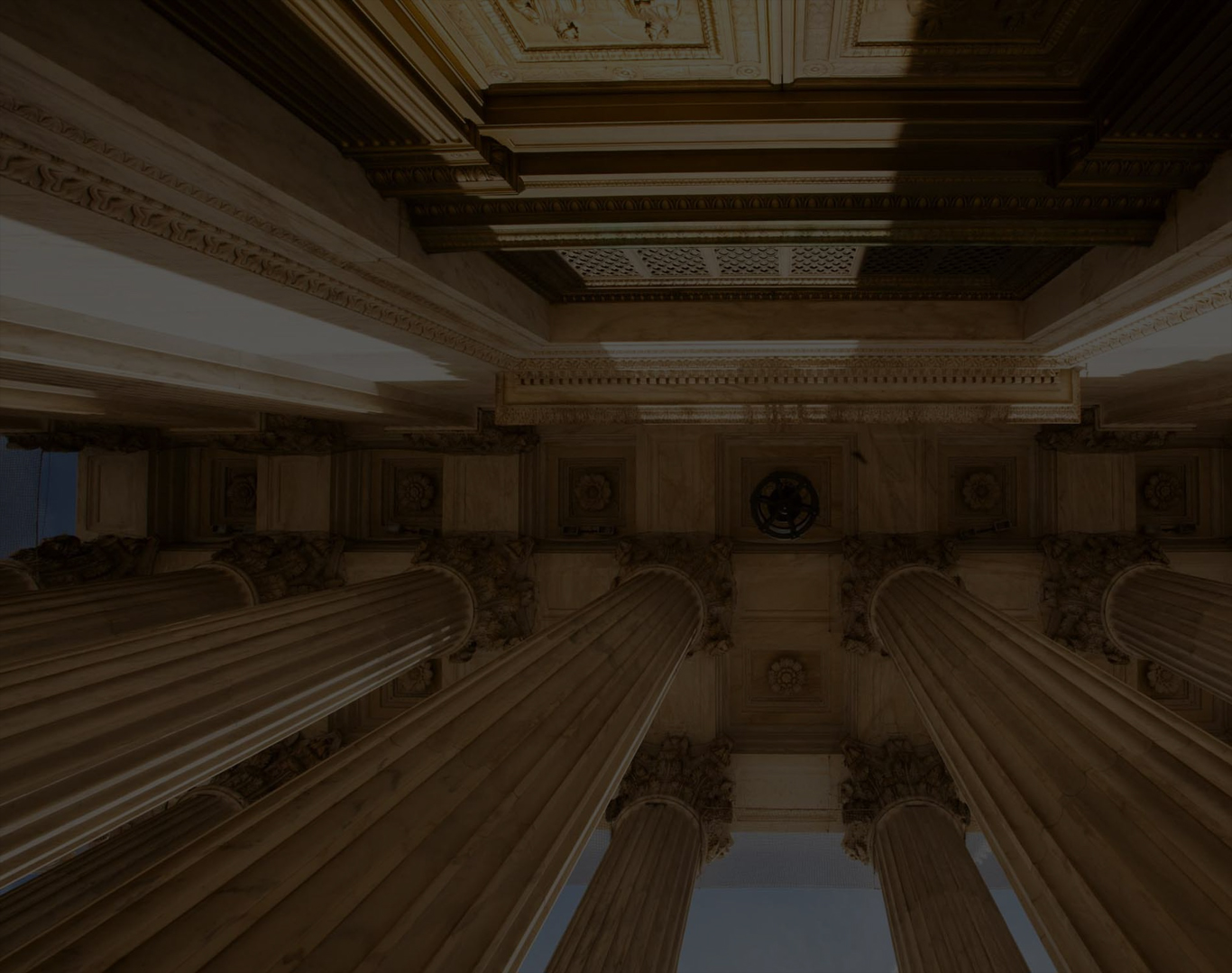Mountain View Rent Control Measure V &
The Rent Relief Program

Historically, the relationship between tenants and rental property owners in Mountain View has been contentious, with rapidly rising rents in a city home to Google and the heart of Sillicon Valley. Mountain View rent control has drawn crowds into the City Council chambers like no other issue, with both landlord and tenant camps arguing their respective stakes.
The City Council grappled with the highly contested topic and eventually put Measure V, the Community Stabilization and Fair Rent Act, on the ballot. Voters made it the law of the land in November 2016, but landlords did not give in without a fight. The California Apartment Association led the charge against the measure. Watch this commercial railing against Mountain View’s foray into rent control.
Although a lawsuit leveled by our friends at the CAA was successful in putting the brakes on the Fair Rental Act through a temporary restraining order, the order was later lifted, and Mountain View's rent control and tenant protection laws remain the law of the land.
Measure V limits rent increases to the Consumer Price Index (CPI) for certain properties and rolls back rents to October 2015 levels for tenants who were living in the unit before that time. It also affirms the city's "just cause" eviction ordinance and gives power to the Rental Housing Committee responsible for setting new rent levels, ruling over landlord-tenant disputes, and implementing Measure V.
Landlords in Mountain View are well-advised to seek the guidance of qualified landlord lawyers about how rent control affects their rental business.
Resources
Mountain View's Rental Housing Committee has adopted a resolution, establishing December 23, 2016 as the effective date of the Community Stabilization and Fair Rent Act. The full text of the CSFRA can be downloaded here: Community Stabilization and Fair Rent Act
To facilitate proper implementation of the law,the Committee instructs the owners and managers of residential multi-family rental units to complete an online registration form. One registration form needs to be completed for each separate assessor's parcel number.
Key Provisions
-
Rent levels and rent increases for Covered Rental Units, built before February 1, 1995, must comply with all provisions of the CSFRA.
-
Covered Rental Units must roll back rents to the Base Rent (the rent in effect on October 19, 2015) as per December 23, 2016. For tenancies starting after October 19, 2015, the Base Rent is the rent initially paid by the tenant upon start of tenancy.
-
Landlords may apply one Annual General Adjustment ("AGA") rent increase, from September 1 of each year onward, with at least 30 days’ advance written notice. In its meeting on May 22, 2017 the Rental Housing Committee set the allowable AGA for 2017 at 3.4%, effective September 1, 2017.
-
Initial rent for new tenancies can be set at market rate. After the new tenancy begins, rents can only be increased in accordance with the CSFRA.
-
Just Cause Eviction provisions in the CSFRA are applicable for all Covered Rental Units built before December 23, 2016. Tenancies can only be terminated for any nine of the just cause conditions mentioned in the CSFRA. Landlords are required to file copies of termination notices to the Rental Housing Committee.

Our Mountain View Real Estate Attorneys Will Be Privileged To Assist You.
For informed advice and additional insight about your legal options, please contact us today.
